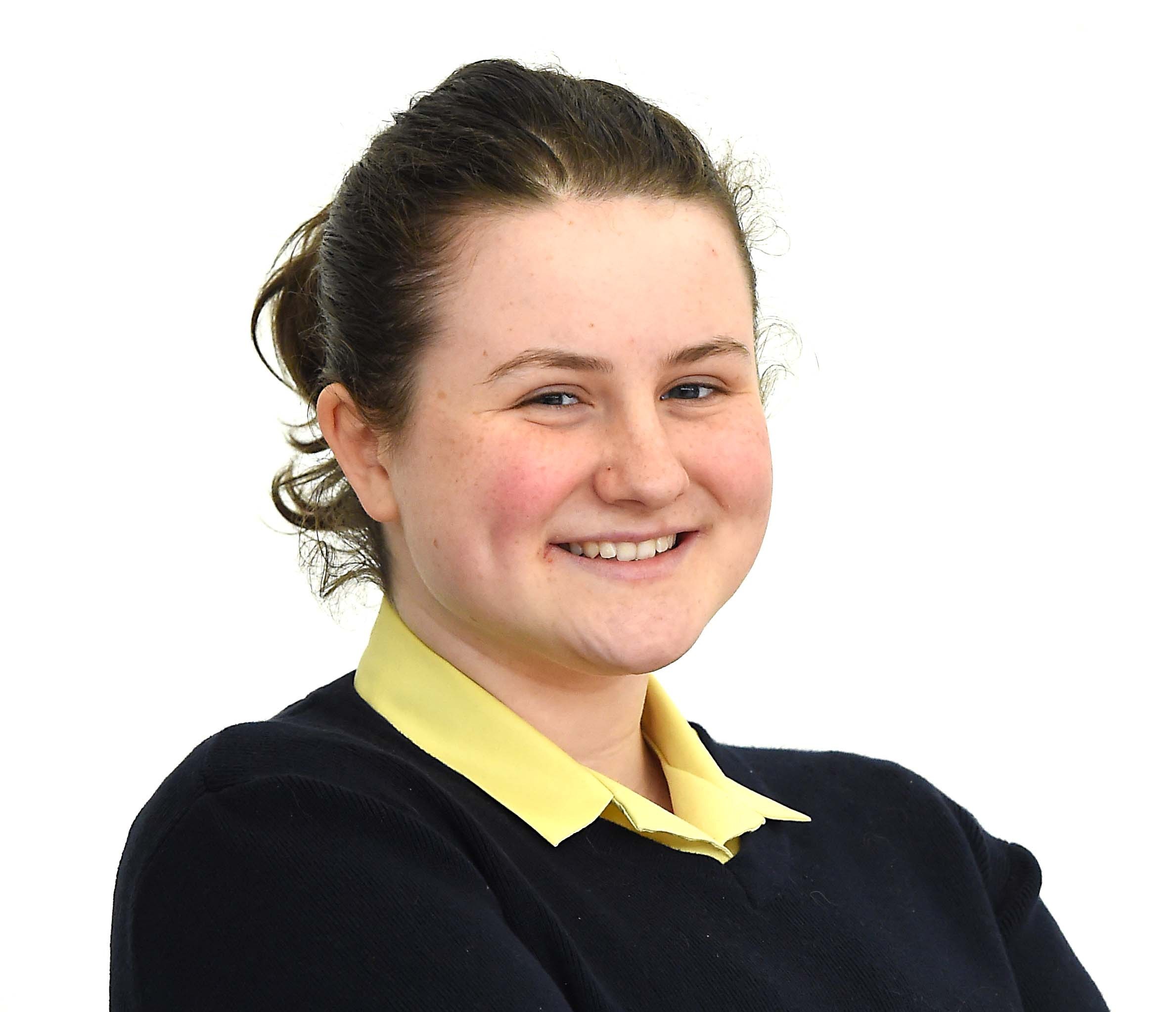Name: Lucy Dinozzi
Age: 16
School: St Margaret’s School for Girls
What would you like to be when you are older? A criminologist.
Why does this job appeal to you? I have always been interested in criminals and how a criminal mindset affects different people.
How long have you wanted to do this? For two years.
Name: Dr Anne Wilson
Position: Senior lecturer in criminology
Division of sociology organisation: School of social and health sciences, Abertay University
Studying criminology is a real eye-opener. Most of us never really stop to think about why people commit crimes, or how society reacts to and deals with them. Subjects like sociology, history or politics all provide a good grounding because they encourage you to develop critical thinking – an essential skill for any criminologist.
An important part of your degree will involve looking at how society punishes offenders. Many students find this topic the most interesting, because you have to think long and hard about what society does to those who commit the most serious of crimes. Your course will also look at how victims deal with their experiences of crime, and how politics and media shape our views on it. Environmental crime, corporate crime, state crime and war crimes can all be studied alongside the more well-known kinds of “street crime”.
And, as part of our course, you’ll hear the first-hand accounts of serving police officers, criminal justice social workers, probation officers and prison staff to help give you an insight into the types of careers you can have. You’ll also get the chance to go on a work placement in your final year to help you make a decision about what you want to do when you graduate.
You can continue your studies beyond the four years of your undergraduate degree though, by studying for a Masters by research or even a PhD in a more specialised area of criminology.So there are plenty of career options for you and, if you’ve got an enquiring mind and are up for a challenge, criminology is definitely the degree to do.
